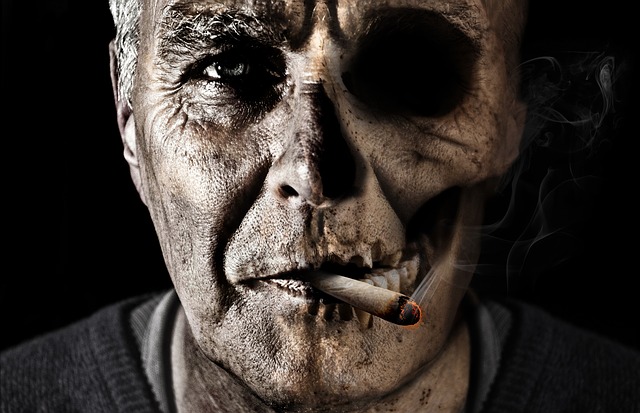Recent Covid-19 research and news has been mixed. The US Covid-19 death rate has fallen to roughly one percent from the previous 2 to 3 percent due to better treatments, increased testing, and a younger population. That’s good news. However, follow-up of recovered persons reveals about half with long-term damage to lungs, heart, kidneys, blood vessels, and other organs. At the same time, antibodies markedly decline for the majority of infected persons three to four months post-infection. It’s not the flu, but like the flu, viral resistance wanes. That’s not good news.
After reading intelligent Covid-19 commentary courtesy of STAT, I decided to share some of my musings about how to survive what may seem the interminable weeks and months ahead. As the STAT OpEd suggests, Covid-19 in the US may become an unwelcome guest for the fall, spring, and, yikes, the indefinite future –unless we change our habits. Like countries that have become successful reducing the pathogen from common circulation, we need masks, social distancing, effective contact tracing, and, I’m afraid, occasional lock-downs.
Until such time as America becomes more savvy, individuals are on their own. Since Covid-19 is likely to remain a health threat for next year and beyond, how might individuals and families mitigate likelihood of infection? Here are some core practices:
- Avoid crowded public places and public events.
- Minimize interpersonal contact in closed rooms or rooms in buildings, malls, or the like served by recirculated air or air conditioning. (Some large facilities have adopted special filtration for air quality. You may want to check.)
- Avoid busy public bathrooms. Flushing may aerosol the virus.
- Wear a mask and eye protection.
- Use hand-sanitizer or wash hands before touching face or removing a mask.
- School attendance is a vector for transmission to families. Parents take heed.
To improve resistance to the Covid-19 pathogen:
- Take 3-5000 IU vitamin D3 daily (with physician OK).
- Take 30 mg Zinc every other day (with physician OK).
- A quality multivitamin.
- Eat healthy meals
- Get adequate sleep and rest
- Exercise
- Take time to enjoy nature and life.
If you must socialize:
- Insure persons with whom you visit are free from fever, illness, Coronavirus symptoms, and have not been recently exposed (previous five to seven days) to high risk activities.
- Visits are best planned out-of-doors, backyard barbeques, parks, beaches and the like.
- Above all, maintain social distance (6 to 9 feet minimum).
- When these criteria are met, out-of-door visits among 4-6 persons for an hour to ninety minutes, may occur with low risk.
- However risk still exists and increases with the frequency of social contact. Therefore, keep visits infrequent.
- Friends, couples, and families free of the virus may travel together by private vehicles and may reside in places free from surface or aerosol contamination by Covid-19.
Of course, you are free to do otherwise, but risk increases, not only for yourself, but for others as well. Survive the pathogen and stay healthy. You are too precious not to care for yourselves and too important to those who love and depend upon you to be cavalier.
